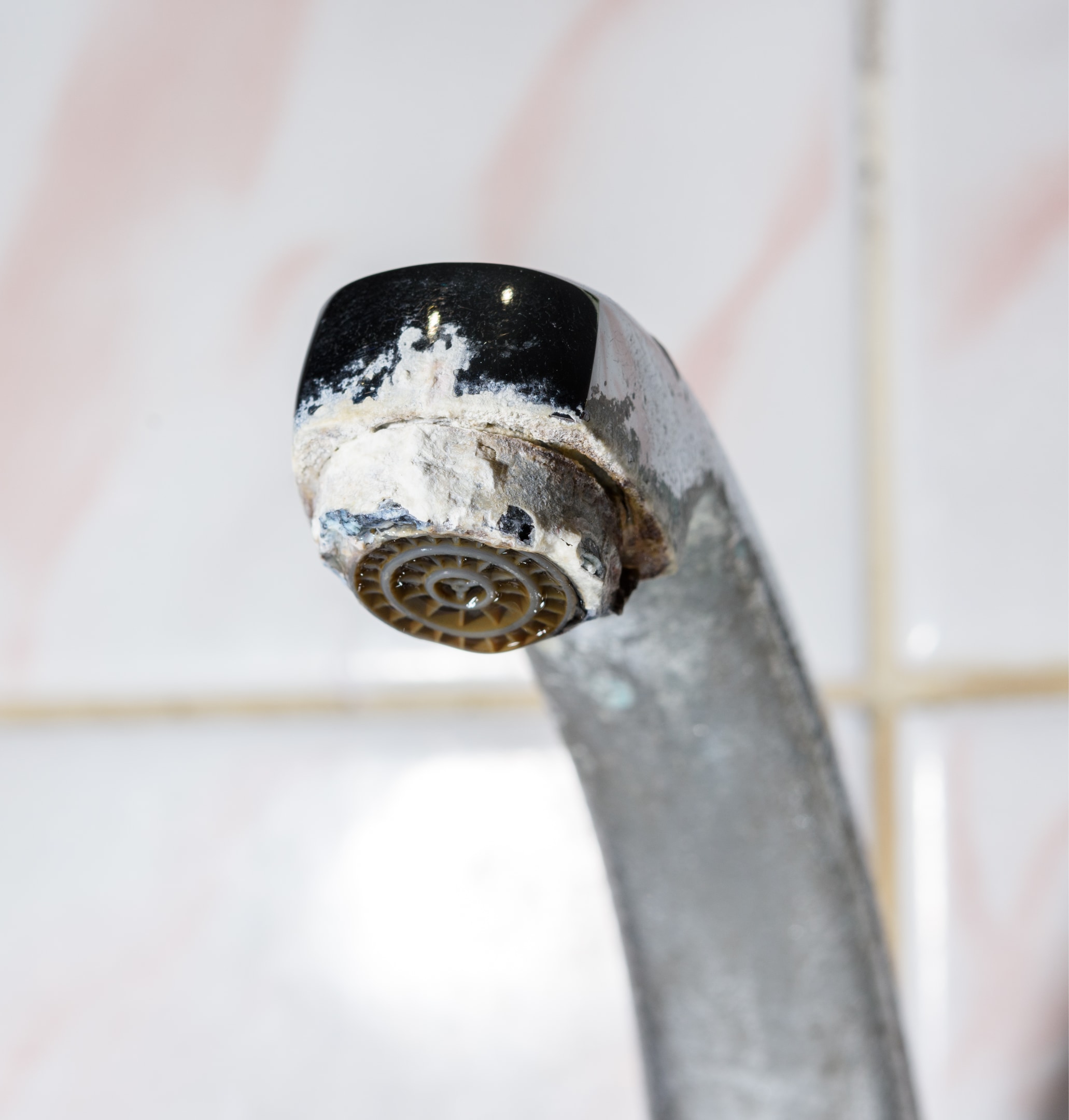As late summer in Carl Junction brings unique local plumbing challenges, homeowners and service professionals must be vigilant and proactive. With shifting weather, changing ground conditions, and the realities of local water infrastructure, Spring River Drain and Sewer understands that supporting the community means being prepared for the unique plumbing problems of Carl Junction, Missouri. Here’s what sets the area apart as the season changes.
1. Groundwater Fluctuations and Karst Landscapes
Carl Junction is situated within a region known for its karst geology—meaning lots of limestone and dolomite beneath the surface—which impacts groundwater movement. In late summer, water tables drop, and springs discharge less or even dry up during drought or sustained heat, affecting not only wells but also causing shifting soil moisture that impacts plumbing systems.
- Limestone is a significant contributing factor to mineral deposits that lead to hard water build-up inside a home’s plumbing system.
- Sump pumps may cycle less often, risking unnoticed mechanical failures.
- Lower groundwater may cause clay-heavy soils to shrink and shift.
- Fluctuating underground moisture can lead to small foundation shifts, putting stress on buried pipes.
2. Sediment and Erosion: Threats to Drains and Sewer Lines
Sudden storms toward the end of summer, often after weeks of dry heat, can lead to significant sediment movement and erosion. It's crucial to be aware of the potential risks. According to Carl Junction’s adopted Field Guide to Protecting Water Quality, debris flow and unstable soils can clog or damage both surface and subsurface drainage systems.
- Tree root intrusion is common as surface water recedes and trees seek moisture.
- Sudden blockages from sediment after a rain can cause backups.
- Drains installed near unstable slopes or stream banks are more likely to clog.
- Overflowing storm runoff may wash out sediment traps if improperly maintained.
- Maintenance access may be obstructed by summer growth or storm debris.
3. Drought Impact: Pipe Leaks and Shifting Soils
Late summer brings a double threat: drier soils and more demand for water. As soils dry out in drought conditions, they contract, which can crack or shift water and sewer pipes. At the same time, increased usage for lawns, gardens, and cooling systems strains pipes, connections, and local aquifers.
- Pipes may develop leaks due to ground movement.
- Increased water temperatures and pressure fluctuations can cause cloudy or “milky” tap water.
- Shallow pipes are more susceptible to damage from ground contraction.
- Lower water levels lead to potential contamination if leaks go undetected.
- Plumbing challenges can quickly escalate if drought persists.
4. Seasonal Maintenance: Responding to Late Summer Plumbing Needs
As the end of summer approaches, it's essential to remember that routine plumbing checks are your responsibility. Local guidelines recommend inspecting drains for clogs, verifying stormwater controls, and ensuring erosion prevention measures are in place.
- Check sump pumps for proper operation and signs of wear.
- Inspect outdoor drains and downspouts for blockages caused by yard debris.
- Test backup drainage systems before autumn rains arrive.
- Confirm septic and absorption field integrity to prevent late-season overloads.
- Watch for signs of slow drains or gurgling pipes, which may indicate emerging issues.
Who to Call for These Unique Plumbing Issues
For fast, reliable support with plumbing challenges unique to Carl Junction, Missouri, count on Spring River Drain and Sewer—your local experts who know what late summer means for our community’s pipes, drains, and peace of mind—call (417) 487-4152 to schedule service.
